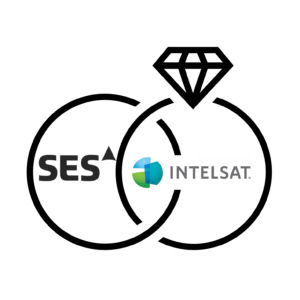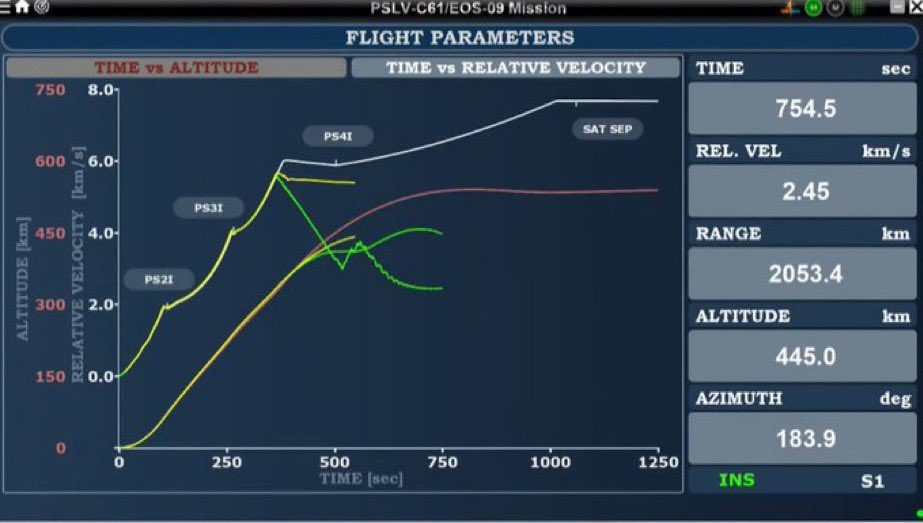SES has made an agreed bid of US$3.1 billion in cash for rival satellite operator Intelsat. The deal, expected to close in the second half of 2025, will see two of the ‘Big Four’ fixed-satellite service (FSS) commercial satellite operators merge to form a mega GEO (geostationary orbit) satellite operator with more than $4 billion in annual revenues.
The terms of the deal, which still has to be approved by regulatory bodies, will give Luxembourg-based SES 100% ownership of Intelsat, based in McLean, US. The combined group will maintain its headquarters in Luxembourg, but with a “significant presence” in the US.
The deal will create a “stronger multi-orbit operator”, according to SES. The entity will boast a combined fleet of more than 100 satellites in GEO and 26 satellites in medium Earth orbit (MEO). By the end of 2026 SES expects to have launched an additional eight GEO satellites and seven MEO (O3b mPOWER) satellites.
The ‘will they, won’t they’ saga is over

The deal has been some time in the works, with speculation rife in the industry in the last couple of years about a possible merger between two of the biggest GEO players. The two operators confirmed that discussions had begun early last year. However, as quickly as the rumours were confirmed, the deal seemed to turn stale. By June, SES confirmed that talks had ceased after Intelsat walked away from the table following three months of negotiations. In the same month the then CEO of SES, Steve Collar, made a surprise resignation after more than 20 years at the company. It was eight months later when his successor, Adel Al-Saleh, took over at the helm of SES.
Although it took the two companies longer to see eye to eye, the timing turned out to be better than last year, Al-Saleh told SpaceNews, referring to Intelsat’s growth since emerging from Chapter 11. After non-payment of a bond in April 2020, the firm went into Chapter 11 bankruptcy proceeds on 13 May 2020. It returned as a private company in February 2022 following a reorganisation and financial restructuring that cut Intelsat’s debt by over half, from US$16bn to $7bn.







